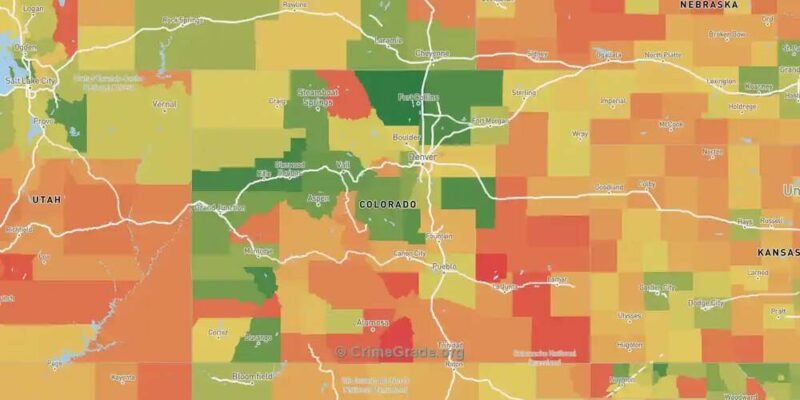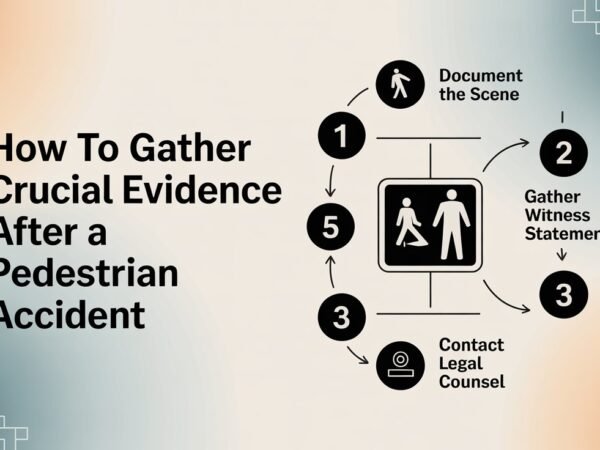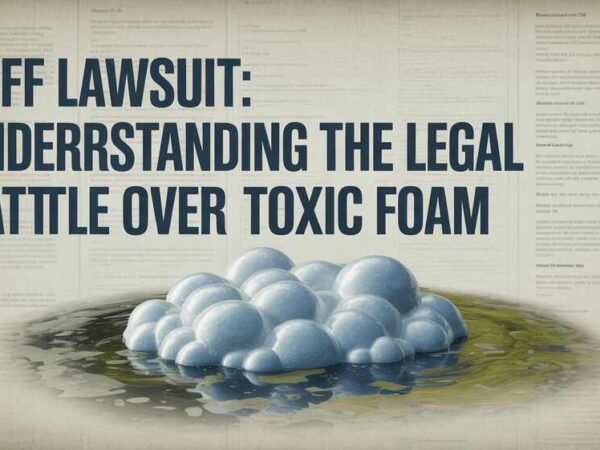Crime is a complex issue that touches communities across Colorado, impacting public safety, law enforcement strategies, and community well-being. As a state known for its picturesque landscapes and bustling cities, Colorado is not immune to crime, which ranges from property offenses to violent acts. Understanding crime patterns, factors contributing to criminal activity, and approaches to addressing crime are essential for building safer communities.
Crime Trends in Colorado
In recent years, Colorado has seen fluctuations in crime rates, with some areas experiencing increases in specific types of crimes. According to data from state law enforcement agencies, violent crime, including offenses such as assault, robbery, and homicide, has seen a rise in specific urban centers like Denver and Colorado Springs. However, smaller towns and rural areas often experience different crime dynamics, typically involving property crimes or drug-related offenses. Contact a Colorado criminal defense attorney if you find yourself involved in such crimes.
Both state-level factors and broader national trends shape the statewide crime picture. Like many other states, Colorado experienced changes in crime rates during and after the COVID-19 pandemic, which introduced unique economic and social pressures. Considering these broader influences alongside local challenges is crucial when analyzing crime.
Property Crime in Colorado
Property crime, which includes burglary, theft, and motor vehicle theft, represents a significant share of reported crimes in Colorado. Cities like Aurora, Denver, and Pueblo have reported higher-than-average property crime rates than state and national averages. Among property offenses, motor vehicle theft has garnered particular attention. In recent years, Colorado has consistently ranked as one of the states with the highest rates of car theft, often linked to organized crime rings and repeat offenders.
Efforts to reduce property crime involve multi-faceted strategies, such as enhancing community policing, using technology like surveillance cameras and vehicle tracking systems, and partnering with neighborhood watch programs. Law enforcement agencies emphasize crime prevention, public awareness, and collaboration with community members to deter property crime and improve recovery rates for stolen items.
Drug-Related Offenses and Substance Abuse
Colorado has faced challenges related to drug-related crimes and substance abuse. The state’s legalization of recreational marijuana in 2012 was a landmark event that altered aspects of criminal law enforcement and drug policy. While legal marijuana has not been directly linked to higher crime rates, the regulation of cannabis-related businesses and issues related to black-market sales remain areas of focus.
More concerning, however, is the rise in opioid and fentanyl-related incidents. Like many states across the U.S., Colorado has grappled with a growing opioid crisis, contributing to overdose deaths and drug trafficking concerns. Law enforcement agencies are taking steps to combat illegal drug distribution through task forces and collaboration with federal authorities. Additionally, community-based solutions, such as drug rehabilitation programs and harm reduction strategies, aim to address substance abuse from a public health perspective.
Violent Crime and Gun Violence
Violent crime is another pressing issue in Colorado, with crimes such as assaults, homicides, and robberies posing serious concerns for public safety. While many violent crimes are concentrated in urban areas, rural communities also contend with issues like domestic violence and interpersonal disputes.
Gun violence has been a particular focus, as incidents involving firearms have contributed to rising homicide rates. Colorado’s history with mass shootings, such as the tragic events at Columbine High School and the Aurora movie theater, underscores the importance of addressing gun-related violence through legislative measures and community initiatives. Efforts include gun buyback programs, red flag laws, and educational campaigns on gun safety and responsible ownership.
Approaches to Crime Prevention and Public Safety
Addressing crime in Colorado requires a comprehensive approach that involves law enforcement, community leaders, social service providers, and policymakers. Community policing and collaboration between law enforcement and residents are critical for building trust, enhancing neighborhood safety, and preventing crime. Programs like youth outreach, mental health initiatives, and support for at-risk populations aim to address the root causes of criminal behavior.
Rehabilitation and diversion programs are also gaining traction, focusing on reducing recidivism by helping offenders reintegrate into society. Colorado courts offer alternatives, such as drug courts and mental health courts, emphasizing treatment over incarceration for non-violent offenders.
Crime in Colorado reflects broader national challenges while also presenting unique local dynamics. Efforts to address crime and promote public safety involve partnerships between law enforcement, community organizations, and policymakers. Colorado continues to work toward a safer future for all its residents by focusing on prevention, rehabilitation, and community engagement.
Do Read: Critical Factors Behind Common Personal Injury Accidents













